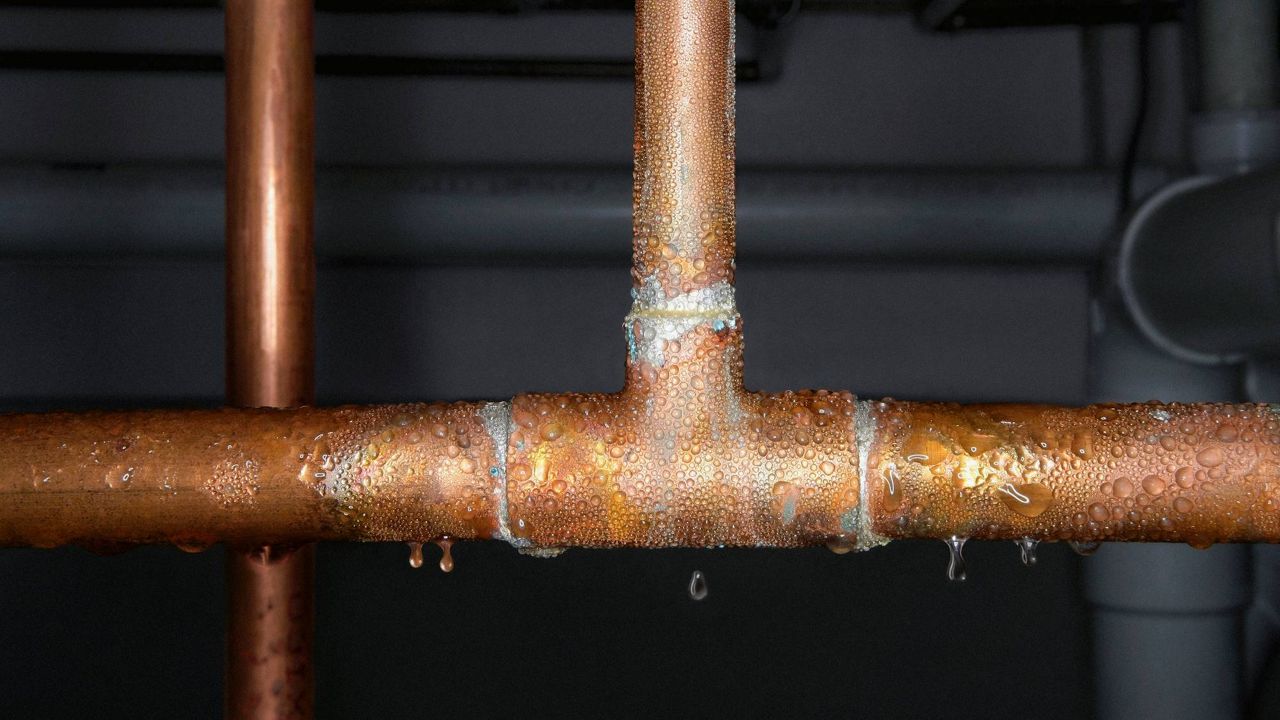HONOLULU — The Honolulu Board of Water Supply shut down its Halawa shaft today, which supplies 20% of urban Honolulu’s water supply, relying on backup aquifers to make up the difference, as a precaution against possible petroleum contaminants in the Navy’s Red Hill well.
Manager and Chief Engineer of the Board of Water Supply Ernest Lau said in a press conference a few minutes ago, "I think this [what happened to the Navy water system this week] is a foreshadowing of what could happen to the broader community if we don't do something about the storage of this fuel — over 180 million gallons of diesel and jet fuel 100 feet above our drinking water aquifer — if we don't do something about eliminating the risk to the water source. It's time for action now.
"We cannot wait any longer. The water resources are precious. It's irreplaceable. It's pure. There's no substitute for pure water and our lives depend upon. I would urge the decision makers and Navy to take action immediately to take away this risk from our vital water resources."
Lau said that the drink water from the Board of Water Supply is safe. “They do not get water from the Navy system.” He said they are testing their five wells on a weekly basis for Hydrocarbons.
He asked Board of Water Supply consumers to conserve water because pumping from the other wells supplying water to urban Honolulu would cause stress on the system. He said they would monitor the condition for those wells.
“The problem when we over pump is the potential that we are stressing the aquifer at that location around the well and the danger is that we will start to draw saltier water into those wells,” said Lau. “If we see the Chloride level or the saltiness of the water coming out of those wells start to trend upwards that’s when we’re going to have to cut back on that pumpage.”
He said they hope to keep the supply and demand in equilibrium for the residents and business of Honolulu. “I ask everyone’s kokua … to use water wisely; to not waste it; to fix your leaks; to check your toilets for running water,” said Lau. “Right now it’s critically important that everyone only use absolutely what they need.”
Lau demanded that he receive water quality reports from the Department of Health and the U.S. Navy quickly.
“We need that information as soon as it becomes available,” he said.
The water quality reports examine contamination in the groundwater and how it might be moving, which is important for the Board of Water Supply to know as it is an early warning system, according to Lau. The reports need to be looked at before the water gets pumped into the Board of Water Supply wells.
“We run the tests at our source, but if we detect it at our source then it’s already too late,” he said. “When we are pumping it up at our well — it’s already too late and there’s a potential for that to get into people’s homes.”



